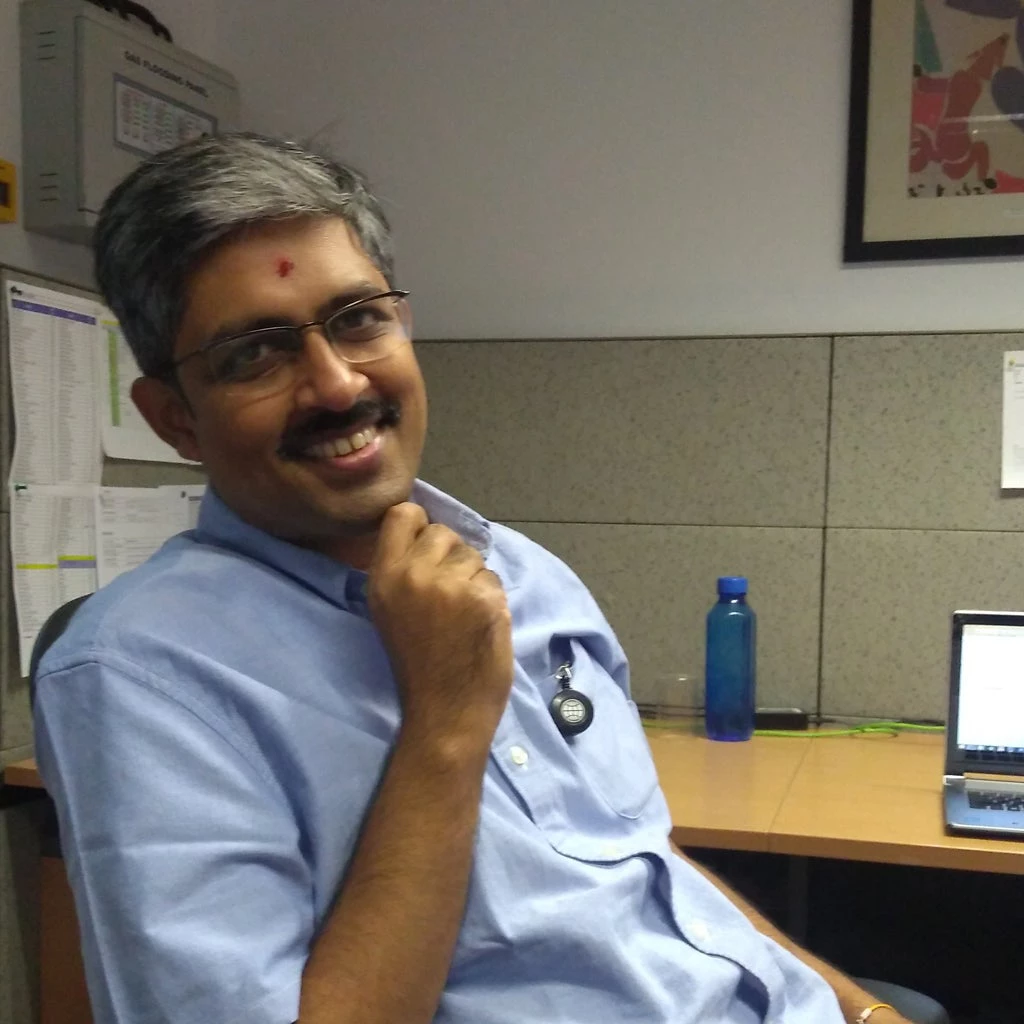Nidhi is one of over 1500 Banking Correspondent Agents (BCAs) under the World Bank’s (IDA $500M) National Rural Livelihood Project (NRLP) in India that supports the Government’s National Rural Livelihood Mission (NRLM) in 13 high poverty states.

Agent-based branchless banking in India is not new and has been around for over a decade. Given that there are over 650,000 villages in India and that less than 10 percent of villages have bank branches[i], an ICT-enabled alternate channel is now a dire necessity to enable greater financial inclusion. This agenda got a further boost when the Government of India launched the Pradhan Mantri Jan Dhan Yojana (PMJDY) in 2014 to boost financial inclusion. To date, over 310 million PMJDY bank accounts (basic savings bank accounts) have been opened with 53 percent of these accounts now being held by women.
It is estimated that about 126,000 BC agents currently operate in Indian villages of whom only about 10-12 percent are women. Encouraging rural populations especially women, to participate formally in the financial system continues to be a challenge not just in India, but globally, as most village level transactions still happen in cash. India has some special challenges. Social barriers such as caste, low literacy levels, and low mobility of women do not encourage poor rural women to engage with the formal financial system. Given these constraints, it has indeed been a daunting task to engage women as BC agents on the supply side and simultaneously encourage the use of bank accounts by rural women on the demand side.
A pilot initiative supported under NRLP is now exploring different pathways of improving formal financial access for rural women-headed households in partnership with various financial institutions (both public and private) including non-bank financial institutions like m-pesa & Oxigen. Tapping the 45 million strong network of women Self-Help Group (SHG) members under NRLM, various states are identifying and training eligible members as BC agents in association with partner banks. Apart from investments in hardware and in training, BC agents are also trained to service transactions of SHGs and their members.
Since June 2017 under this initiative over 1500 SHG members have started their entrepreneurial journeys as BC agents of partner banks across six low-income states including Bihar, Jharkhand, Madhya Pradesh, Odisha, Rajasthan and Chattisgarh. In Feb 2018 alone these BC agents, locally known as “bank sakhis” (bank friends) collectively did over 260,000 transactions worth over INR 640 million (approx.USD 10M).
The growth in female rural BC agents is encouraging earlier un(der)banked women to use their bank accounts meaningfully which progressively, is also helping them create their own credit history and access other financial services. As Kanak Lata Toppo, a bank sakhi from a tribal district of Bedo, Jharkhand says proudly, "Main sirf bank account hi nahin kholti, apne computer se insurance policy bhi karti hoon; aaj mujhe gaon ke log bank wali didi bulate hain.’’ (Not only do I open and service bank accounts, now I can also issue insurance policies - villagers now know me as the local banker!).
Such initiatives are not only improving usage of bank accounts by women but are helping in improving loan repayment rates due to improved access to banks. For now, bankers are also happy as this is migrating low value transactions to a low-cost ICT-enabled channel and reducing attrition amongst BC agents. Emerging lessons from this pilot have important implications for rural financial inclusion globally. Training and empowering women as BC agents may be a very effective way to reach the un (and underbanked) clientele of rural women.
Stay tuned for our next blog on how these women are adopting mobile money and how bank and non-bank e-money wallet issuers have customised their technology solutions to suit women’s requirements.




Join the Conversation